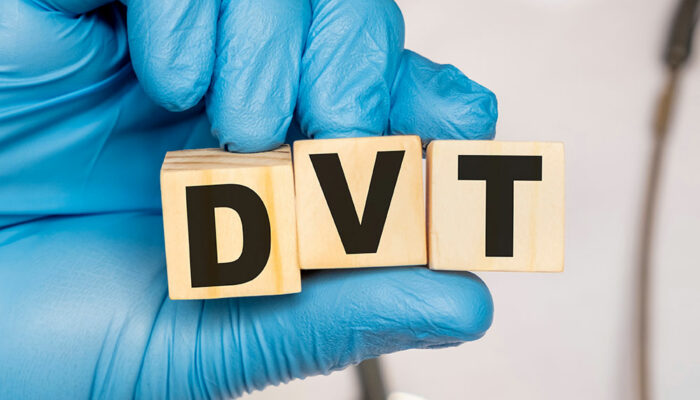
10 Subtle Symptoms of Dementia You Need to Know About
Dementia is a complex and often misunderstood condition, but understanding its early signs can make a world of difference in seeking timely intervention. If you’ve ever found yourself searching for “assisted living near me” or considering “fall alert” systems, you’re not alone. These tools, along with “alert detection” technologies, can be invaluable for those managing dementia. Additionally, many people explore “vitamins for memory function” as a preventative measure. But what are the subtle symptoms of dementia that often go unnoticed? Let’s dive into the ten signs you should be aware of.
1. Forgetting recent events
Everyone forgets things occasionally, but when recent events seem to vanish from memory frequently, it could be a sign of dementia. This isn’t just misplacing keys; it’s forgetting an important conversation or an event that happened just yesterday. It’s like having a movie in your head that skips entire scenes.
2. Difficulty finding the right words
Struggling to find the right words or frequently using placeholders like “thingy” or “whatchamacallit” can be more than just a quirky habit. This can be an early indicator of dementia, as language skills begin to decline. It’s like having a word on the tip of your tongue, but it never quite comes to you.
3. Changes in mood and personality
Dementia doesn’t just affect memory; it can also lead to noticeable changes in mood and personality. Someone who was once outgoing might become withdrawn, or a typically calm person might become irritable. These changes can be subtle at first, often mistaken for stress or fatigue.
4. Withdrawal from social activities
When someone starts to lose interest in social activities they once loved, it might be more than just a phase. Dementia can cause people to withdraw from hobbies, work, or social gatherings due to difficulties in following conversations or remembering details. It’s as if the world has become too overwhelming, and retreating feels safer.
5. Difficulty with problem-solving
Everyday tasks that require planning or problem-solving can become challenging. This might manifest as trouble managing finances, following a recipe, or keeping track of monthly bills. It’s not just about forgetting; it’s about the brain struggling to process steps and sequences.
6. Poor judgment
Making decisions becomes a daunting task for those with dementia. This can lead to poor judgment, such as giving away money to telemarketers or neglecting personal hygiene. The ability to evaluate situations and make sound decisions is compromised, making everyday choices risky.
7. Misplacing items frequently
While everyone misplaces things now and then, consistently putting items in unusual places can be a red flag. Finding the remote in the fridge or the car keys in the bathroom might seem funny at first, but it can indicate a deeper issue when it becomes a pattern.
8. Struggling with visual and spatial abilities
Dementia can affect visual and spatial abilities, making it hard to judge distances or recognize familiar faces. This might lead to difficulty driving or navigating familiar routes. It’s like the brain’s GPS is malfunctioning, causing confusion and disorientation.
9. Repetitive behavior
Repeating the same question, story, or task multiple times can be an early sign of dementia. This behavior stems from memory lapses and can be frustrating for both the individual and those around them. It’s as if the mind is stuck on a loop, unable to move forward.
10. Loss of initiative
A noticeable decrease in motivation to engage in activities or start new projects can signal the onset of dementia. This isn’t just laziness; it’s a lack of drive that can affect daily life and responsibilities. It’s like the spark that once fueled passions has dimmed.
Recognizing these subtle symptoms can lead to early diagnosis and intervention, which can significantly improve quality of life. If you or a loved one are experiencing these signs, consider consulting a healthcare professional for guidance. Remember, early detection is key, and there are resources available to help manage the journey ahead.



